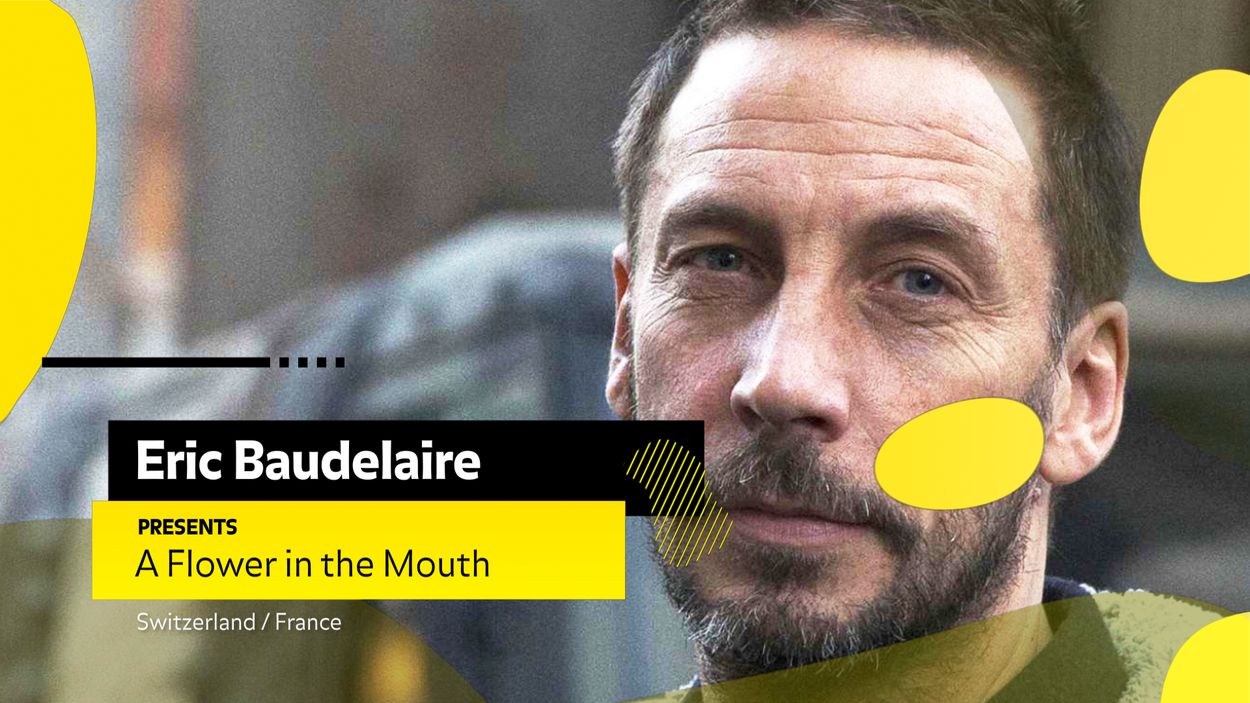A Flower in the Mouth
by Eric Baudelaire
Switzerland/France
Produced by
Kunst Halle Sankt Gallen: Giovanni Carmine
Les films du Worso: Eric Baudelaire

by Eric Baudelaire
Switzerland/France
Produced by
Kunst Halle Sankt Gallen: Giovanni Carmine
Les films du Worso: Eric Baudelaire

A diptych combining documentary exploration of the world’s biggest flower market with the adaptation of a play written by Pirandello just after the “Spanish flu” pandemic. This new hybrid project by Eric Baudelaire, interrupted mid-shoot by the Coronavirus, sees the disease as a “metaphor of the human impact on our planet, resulting in beauty and destruction.
– Antoine Thirion, Selection Committee

The Terrorizers (1986), by Edward Yang, ends with a woman turning away from her bed companion and vomiting. Not quite, actually: the credits roll before any vomit appears – just the retching sound, and then the credits. It is one of my favorite film endings. It is also one of my favorite titles (especially its mysterious plural, because not all the protagonists in the film fit under the category of terrorizer). The film is a non-linear, fragmented self-portrait of the artist projected onto the landscape of Taipei — the artist as novelist searching for her voice, as photographer stalking a reluctant muse, as adolescent girl honing her skills as a scam artist. These and other characters leap into simple, essential, often frontal shots of city streets and buildings, forming a narrative and architectural mosaic that is both splendidly poetic and politically acute. Few films create their own unique worlds with such an economy of means: a way of framing, a few very spare and unique personal misadventures, and a nod to various codes and genres (the police thriller, the romantic drama, the “Roman photo”). There are films you watch and never forget. This one’s strength somehow works the opposite way for me: I forget all of its details every time I see it, I just remember how much I liked it. When I see it again, all the pleasure of discovering it remains intact: an ode to complex simplicity.
– Eric Baudelaire